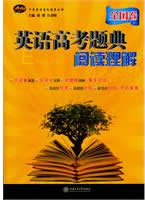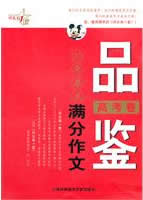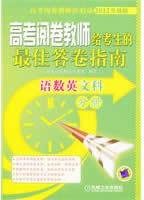free的用法
1. 表示“自由的”、“自發(fā)的”�����、“獨(dú)立自主的”等義,有比較等級(jí)的變化 ;表示“空閑的”����、“空著的”、“免費(fèi)的”等義��,沒(méi)有比較等級(jí)變化�。如:
She believes that women should befreer. 她相信婦女應(yīng)該更自由些。
He gets a free afternoon oncea week. 他每周有一個(gè)下午空閑����。
Are the drinks free? 這飲料是免費(fèi)的嗎?
2. be free to do sth 可以自由地做某事。如:
You are free to goor to stay. 要走要留悉聽尊便�。
Please feel free to askquestions. 有問(wèn)題請(qǐng)隨便問(wèn)。
3. be free with 對(duì)…隨便���。如:
He is free with money. 他花錢隨便����。
Don’t be too free with your parents. 對(duì)你父母的態(tài)度不能太隨便���。
4. 表示“免除…”或“無(wú)…的”��,可以用be free of和be freefrom:相比之下��,后者指免除或擺脫�,多用來(lái)指一些不好的東西。試比較:
be free of charge 免費(fèi)
be free of debts沒(méi)有債務(wù)
be free of rent 免收租金
be free of the station 不在 車站
be free from pain 沒(méi)有痛苦
但有時(shí)兩者可換用:
The city is free of [from] thieves. 這個(gè)城市沒(méi)有盜賊���。
5. 除用作形容詞外,還可以用作動(dòng)詞 或副詞 ��。如:
I freed the bird from the cage. 我把籠子里的鳥放了出去��。
Children admitted free. 兒童免費(fèi)入場(chǎng)����。
注意用作副詞的 free 與 freely 不同。如:
前者指“免費(fèi)”�����,后者指“無(wú)限制地”�、“自由地”。試比較�����。如:
You can travel free withthis special ticket. 你用這張?zhí)貏e的票可以免費(fèi)旅行。
You cantravel freely to all parts of the country. 你可以自由地到這個(gè)國(guó)家的各個(gè)地旅行����。
相關(guān)推薦:2017年全國(guó)高考各科目模擬試題備考專題
2017中國(guó)各地區(qū)大學(xué)綜合競(jìng)爭(zhēng)力排行榜
2017年高考考試時(shí)間
2017年全國(guó)藝術(shù)類專業(yè)統(tǒng)考報(bào)名與考試時(shí)間
2017年高考各省市教育考試院/廳
2017年普通高等學(xué)校招生全國(guó)統(tǒng)一考試大綱公布






